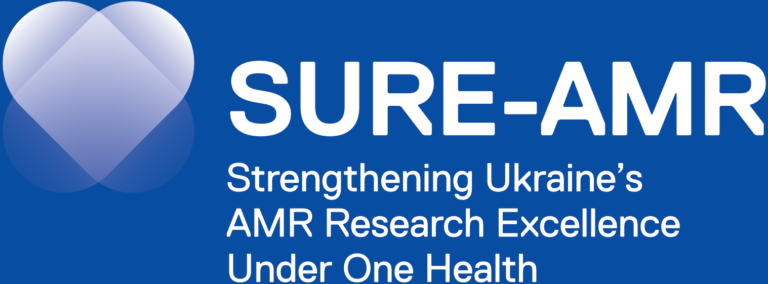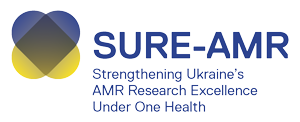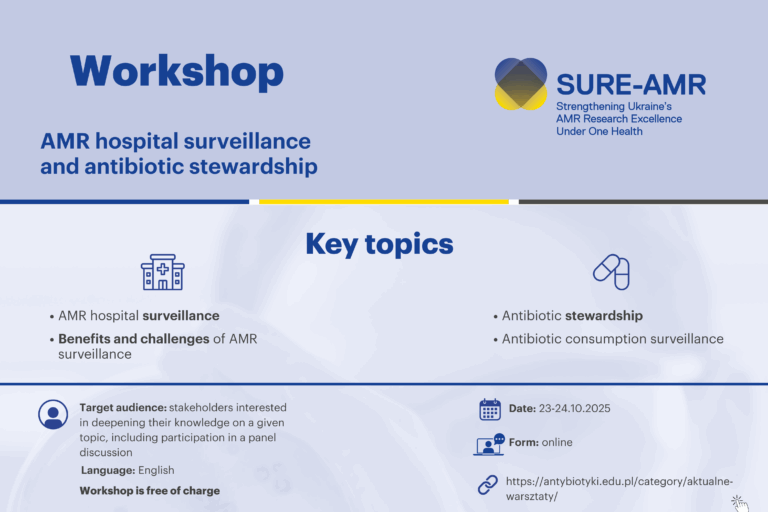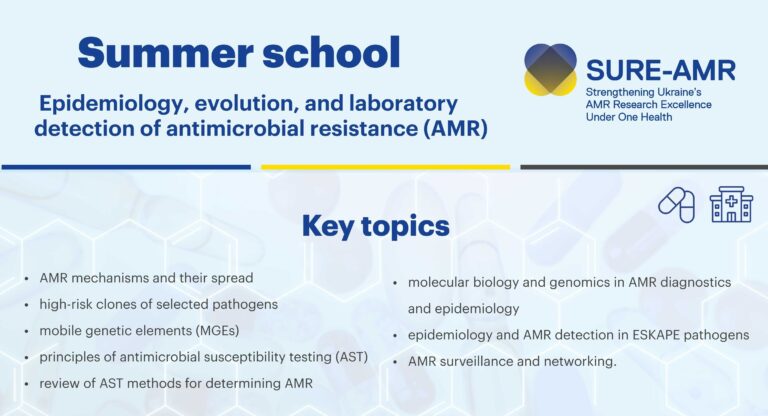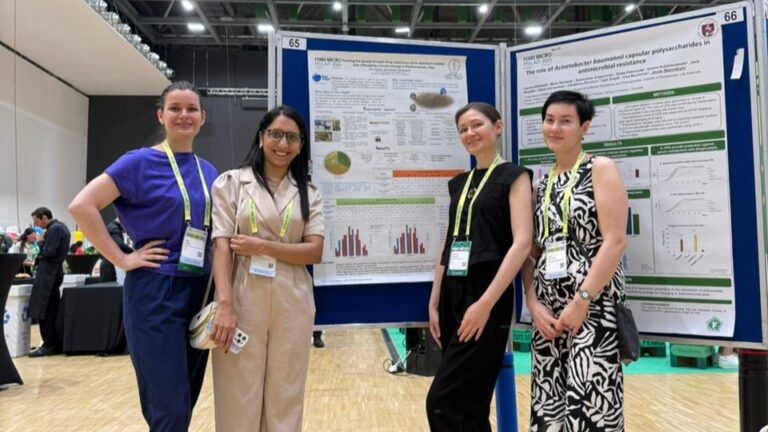Stefania Marcheggiani from the Istituto Superiore di Sanità (ISS) in Rome participated in the 29th United Nations Climate Change Conference (COP29), where she introduced the SURE-AMR project that kicked off this October. The presentation highlighted the project’s goals, objectives, and part of the research to be conducted in the project.
For example, some of the research will be focused on Nature-Based Solutions (NBS) to combat Antimicrobial Resistance (AMR). BETA TC carries out this work within the Applied Ecology and Global Change Unit, which aims to leverage knowledge of ecological processes to develop innovative solutions that address the adverse impacts of global change, including AMR.
AMR spreads when antimicrobial resistant bacteria (ARBs) and Antimicrobial Resistance Genes (ARGs) from hospitals enter wastewater, and conventional treatment plants struggle to eliminate these contaminants effectively.
Upgrading WWTPs with advanced technologies can be prohibitively expensive, especially for developing regions or areas affected by war like Ukraine. SURE-AMR addresses these challenges through affordable, sustainable solutions suitable for regions with limited resources.
SURE-AMR project introduces a tertiary multi-stage NBS treatment pilot: a first stage based on Bioreactors with Duckweed (Lemna sp.), which remove nutrients, harmful bacteria, and antibiotic residues. In addition, the nutrients from the wastewater can be recovered form Lemna biomass enabling new uses such as fertilizer or alternative protein. The process continues with a simulation of a river with a treatment of biofilm channels and Snails which increases the removal efficiency. Constructed Wetlands provide a final cleansing stage, using plants and microorganisms to purify the water for safe reuse or discharge.
The project highlights the power of integrating natural processes to tackle AMR while minimizing financial and ecological burdens. NBS significantly lowers operational costs, making them accessible even in adverse situations. The system supports climate resilience and natural ecosystems through the creation of nature-based infrastructures.
This approach not only combats AMR but also boosts climate resilience and supports natural ecosystems. Over the course of the three-year SURE-AMR project, it will showcase the potential of integrating ecological processes to address global health challenges.
……………………………………………………………………………………………………………………………………….
Text: Paula Pérez González Anguiano
